The 10 Biggest HP Stories Of 2011
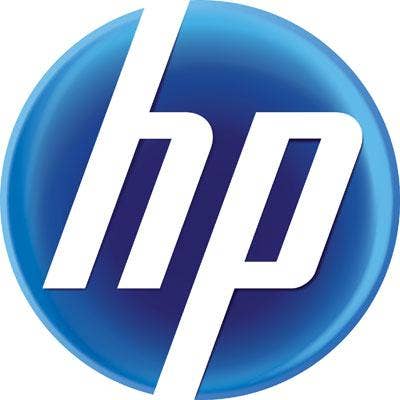
Turbulence, Followed By Relative Calm
If you thought 2010 was a drama-filled year for Hewlett-Packard, 2011 probably still has you shaking your head in disbelief.
HP spent the first half of the year hyping its TouchPad tablet, then discontinued it seven weeks after launching it. HP also flirted with the idea of spinning off or selling its PC business, and then decided to keep it. HP also fired a CEO and hired a new one. And then there was the $10.3 billion Autonomy acquisition, one of the biggest deals in the company's history.
We rummaged through the 2011 archives to identify the top HP stories of the year, and following are 10 that we felt had the biggest impact.
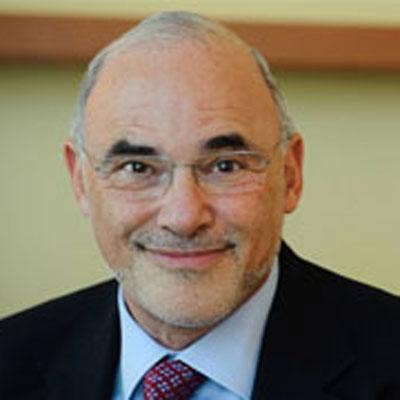
10. Apotheker's Tumultuous Tenure
At HP's Americas Partner Conference in March, ex-HP CEO Leo Apotheker gave his first speech to channel partners and slammed Oracle for its decision to quit Itanium development. "I want you to know that HP will do what we always do which is to put the best interest of the customer first," Apotheker told partners, triggering an extended round of applause.
However, this was probably the highlight of Apotheker's 11 months at the helm. After a major HP board reshuffle in January, he embarked on a strategy to reshape HP as a purveyor of high-margin software and services. At one point during the run-up to the TouchPad launch, Apotheker suggested that HP could one day be viewed by industry watchers as just as 'cool' and innovative as Apple. But Apotheker's lofty plans never got off the ground, and he cut guidance in all three quarters of his leadership. Things fell apart quickly during the month of August, and a month later, HP's board fired Apotheker, although he reportedly walked away with a tidy $13 million in severance.
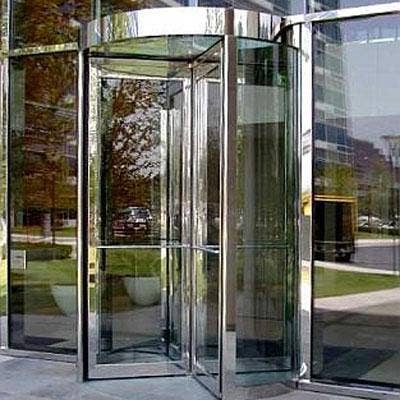
9. The Big Re-Orgs
HP instituted major changes to its executive leadership in June that were seen as Apotheker's bid to bring management more in line with his organizational goals. CIO Randy Mott and Pete Bocian, executive vice president and chief administrative officer, left the company, and Ann Livermore, executive vice president of enterprise business, left her post and took a position on HP's Board of Directors. After the reshuffle, Dave Donatelli, executive vice president of HP's enterprise servers, storage, networking and technology services; Bill Veghte, executive vice president of software, and Jan Zadak, executive vice president of global sales began reporting to Apotheker.
In July, HP promoted Channel Chief Stephen DiFranco to senior VP and GM for the Americas region of the Personal Systems Group. Stephen DeWitt, who previously held this role, was named senior VP and GM of HP's new WebOS global business unit. HP has yet to name DiFranco's successor, and DeWitt's future is unclear now that HP has shut down its WebOS hardware business and pledged to contribute WebOS to the open-source community.
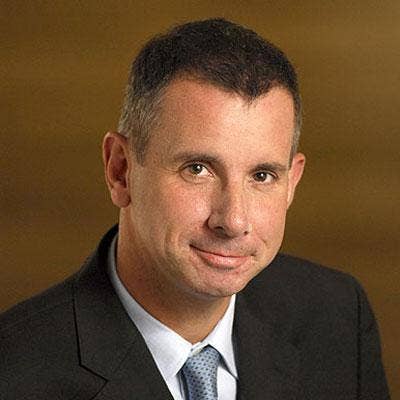
8. The Adrian Jones Legal Saga
The back-and-forth between HP and former Channel Chief Adrian Jones was another example of the drama that surrounded the company for much of 2011. In February, Jones resigned from his position as senior vice president of Enterprise Storage Servers and Networking (ESSN) for HP Asia Pacific, and HP explained that he was leaving to spend more time with his family and pursue other opportunities.
Three weeks later, Jones joined Oracle as senior vice president of Asia Pacific/Japan, joining his former boss Mark Hurd, who had been hired as Oracle president the previous September.
Given the mudslinging that took place between the companies Oracle hired Hurd, it wasn't surprising to see HP sue Jones for allegedly stealing confidential company data. That lawsuit is still pending, although Jones in July demanded that HP drop litigation against him, calling it a "knowingly false accusation."

7. More Top Executives Head For The Exits
In addition to the June re-organization, HP saw a number of high-profile veteran executives leave the company in 2011, including Marius Haas (senior vice president and general manager, HP Networking), Tom Iannotti (vice president of HP Enterprise Services), Gary Budzinski (vice president of HP Technology Services), Thomas Hogan (executive vice president of enterprise business sales and marketing) and Joe Bottazzi (senior vice president and general manager of HP's Technology Services Americas).
In mid-December, Michael J. Holston, who had served as HP's executive vice president and general counsel since 2007, left to pursue unspecified opportunities outside the company.
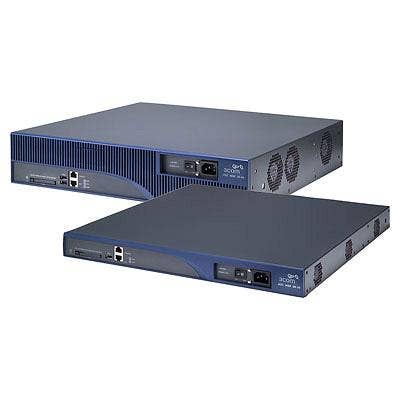
6. HP Puts VCX VoIP Into 'Maintenance Mode'
HP in January surprised and frustrated its base of 3Com partners by announcing it would discontinue further development of its VCX IP voice and telephony product line.
HP was quick to note that it wasn't shutting down the VCX product line, and that it would sell, support and maintain it. But that distinction was lost on partners who feared customers that had recently purchased VCX products would seek refunds or deep discounts.
"The basic thing is: my customer bought from me an HP VCX [system] and a full line of HP products," one HP-3Com solution provider told CRN at the time. "I need to take care of that customer. If I sold a customer a half-million dollar system and then I have to tell them it’s getting dumped, does that customer think he’s made a wise purchase? How about a customer who’s in the process of buying it?"
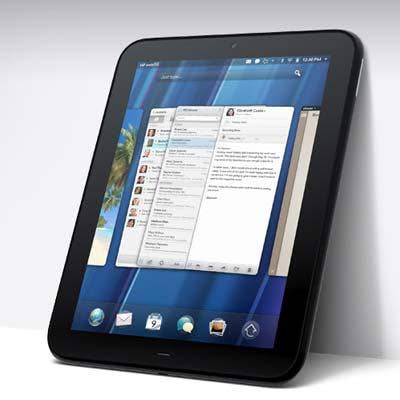
5. The Rise And Fall Of The TouchPad
During the first half of the year, HP executives repeated the mantra that HP had plenty of time to catch up Apple in the tablet market, and that this space was more akin to a marathon than a sprint. But from HP's point of view, it turned out not to be a marathon after all, unless you count the endless TouchPad fire sales and retailer bundling promotions.
The TouchPad was on the market less than seven weeks when HP decided to pull the plug due to microscopic sales. That came as a rude shock to partners who, at HP's urging, had begun dipping their toes into the waters of WebOS application development.
The TouchPad received mixed reviews, but the criticisms were mainly focused on hardware, and not the WebOS software, which a small but devoted base of fans. Now that HP has given WebOS over to the open source community, we'll see if it ends up giving Android a run for its money.
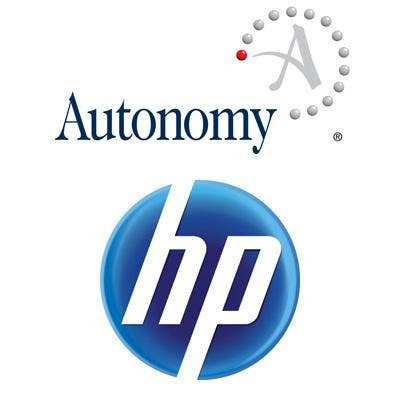
4. HP Buys Autonomy For $10.3 Billion
It's not often that a $10.3 billion acquisition gets overshadowed, but you could say this was the case with HP's purchase of Autonomy, a U.K.-based vendor of information management software.
When HP announced the deal on Aug. 18, industry watchers were distracted by HP's decision to sell or spin off its PC business. But once they'd had time to do the math, shareholders and partners voiced their displeasure with the size of the deal, which represented around five times Autonomy's expected earnings per share.
After HP fired Apotheker and Meg Whitman took over as CEO, she voiced her support for the Autonomy acquisition, touting it as a key part of HP's strategy to boost its software capabilities. HP in February added a key piece to its software portfolio by acquiring Vertica, a privately held vendor of real-time business analytics for large and complex sets of data in physical, virtual and cloud environments.
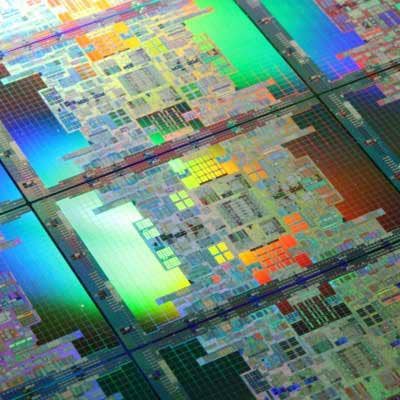
3. The Itanium Spat With Oracle
Oracle's decision in March to stop developing software for servers running Intel Itanium chips came as a shock to HP, which launched a variety of strategic responses.
At first, HP executives railed against the move and accused Oracle of not caring about the needs of customers. Then they tried to rally HP partners to pressure Oracle to change its mind.
When these tactics failed to produce the desired effect, HP lawyered up and hauled Oracle into court for breaching its contractual obligations. That's when things really got heated. Oracle insisted that Intel was, in fact, planning to mothball Itanium, and that HP was aware of this plan. Oracle then filed a countersuit against HP alleging fraud, defamation and libel, and other charges.
In the latest chapter of the dispute, Oracle accused HP of paying Intel to keep Itanium alive, likening the situation to a "remake of Weekend At Bernie's", a reference to the hilarious 1989 film.
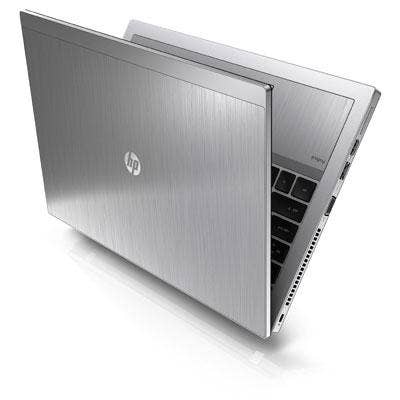
2. The Personal Systems Group Debacle
Ex-HP CEO Leo Apotheker was dead set on building HP's software and technology services businesses, but when he announced in August that HP was looking at selling or spinning off its Personal Systems Group, home to its PC business, his resolve came into greater focus.
While HP's decision to discontinue sales of the TouchPad baffled partners, the PSG announcement sent then into an apoplectic tizzy. PSG Chief Todd Bradley and other top HP executives fanned out to reassure the channel that HP wasn't abandoning its PC business, but that didn't stop Dell from trying to take advantage of the uncertainty by attempting to poach HP partners.
Meg Whitman, in her first big decision after taking over as CEO, chose to keep the $42 billion PSG in the fold, noting that the unit was too intertwined with the company's supply chain to sell or spin off. This came as a relief to HP partners who've tied large portions of their businesses to PSG.
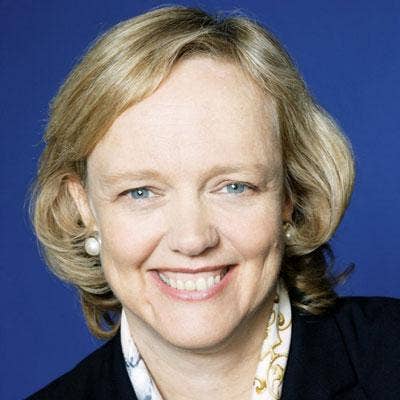
1. Meg Whitman Takes Over As CEO
When HP's board gave Apotheker the boot in September and named Meg Whitman as his replacement, the move was seen as an emergency measure to restore stability and end the drama that had been swirling around the company. Partners welcomed the leadership change, but then again, many were by that point in full "Anyone But Apotheker" mode. Some questioned whether Whitman would consider the channel as a strategic asset and have their best interests at heart. But since taking over as CEO, Whitman has put her own decisive stamp of leadership on HP. In choosing to keep PSG as part of the company, and by endorsing HP's controversial $10.3 billion acquisition of Autonomy, Whitman has made it clear that she's got a strategy for returning HP to its former glory. In addition to reducing the drama that has surrounded HP in recent years, Whitman has pledged to step up R&D investments and get the HP innovation engine cranking once again. It remains to be seen whether her strategy will work, but one thing's clear: Whitman is charting a very different course for HP than any of her recent predecessors.